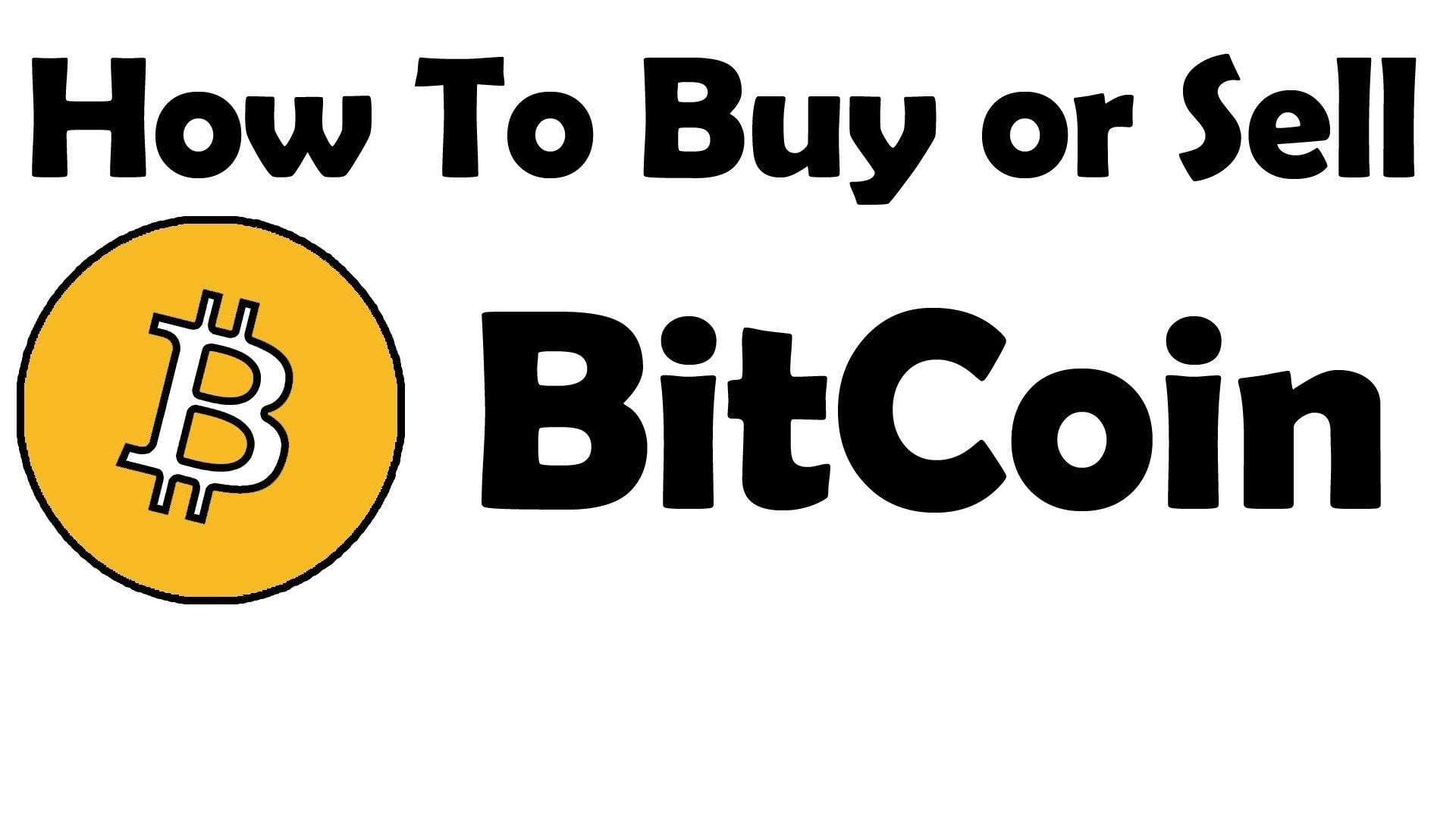OK, so you’ve learned the basics about bitcoin, the next step is to get some bitcoins. But how? This guide will tell you what you need to know.
You can buy bitcoins from either exchanges, or directly from other people via marketplaces.
You can pay for them in a variety of ways, ranging from hard cash to credit and debit cards to wire transfers, or even with other cryptocurrencies, depending on who you are buying them from and where you live.
Surprisingly, it’s still not easy to buy bitcoins with your credit card or PayPal, depending on your jurisdiction.
This is because such transactions can easily be reversed with a phone call to the card company (ie ‘chargebacks’). Since it’s hard to prove any goods changed hands in a transfer of bitcoins, exchanges avoid this payment method and so do most private sellers.
However, the options have recently grown for consumers in some countries.
In the US, Coinbase, and Circle offer purchases with credit cards. Bittylicious, CoinCorner and Coinbase offer this service in the UK, accepting 3D Secure-enabled credit and debit cards on the Visa and MasterCard networks.
Underbanked consumers in the US can turn to expresscoin, which recently launched to serve this market, accepting money orders, personal checks and wire transfers.
First, get yourself a bitcoin wallet
Next, you will need a place to store your new bitcoins. In the bitcoin world, they’re called a ‘wallet’ but it might be best to think of them as a kind of bank account.
Depending on the security levels you want, different wallets will provide different levels of security. Some act like everyday spending accounts and are comparable to a traditional leather wallet, while others tout military-grade protections.
The main options are: (1) a software wallet stored on the hard drive of your computer, (2) an online, web-based service or (3) a ‘vault’ service that keeps your bitcoins protected offline or multisig wallet that uses a number of keys to protect the account.
Most have their vulnerabilities: if you store bitcoins locally on your computer, make sure you back up your wallet regularly in case the drive becomes corrupted; and online web wallets employ varying degrees of security against hackers, from quite good (multi-factor authentication) to quite poor (ID and password).
Exchanges and Online Wallets
Bitcoin newcomers will find a variety of exchanges and wallets competing for their business.
Some are full-blown exchanges for institutional traders, while others are simpler wallet services with a more limited buying and selling capabilities.
Most exchanges and wallets will store amounts of digital and/or fiat currency for you, much like a regular bank account.
Exchanges and wallets are the best option if you want to engage in regular trading and speculation, don’t need total anonymity and don’t mind lengthy bureaucratic setup procedures that usually involve proof of identity and supplying detailed contact information.
This is the law in most countries and no regulated exchange can get around it, as any company interfacing with the current financial system must meet ‘know your customer’ (KYC) and anti-money laundering (AML) requirements.
The best exchange option also depends where you’re located.
For more information, you can check out this list of major bitcoin exchanges/wallets around the world, and the payment options they allow.
At this time, the largest full trading exchanges by volume are Bitfinex (Hong Kong), Bitstamp (US), Kraken (US), Huobi (China and Hong Kong), OKCoin (China) and BTCC (China).
Coinbase is a popular wallet and exchange service that will also trade US dollars and euros for bitcoins. The company has web and mobile apps. Originally a US-only service, Coinbase has recently opened up to a large number of European countries.
Circle offers users worldwide the chance to store, send, receive and exchange bitcoins. Currently only US citizens are able to link bank accounts to deposit funds, but credit and debit cards are also an option. Apps for iOS and Android are now available.
Wallet and bitcoin debit card provider Xapo has also recently entered the fray, offering deposits in fiat currency that are converted to bitcoin in your account.
Coinjar, an exchange and wallet provider, is the market leader in Australia. The Melbourne-based startup raised $500k AUD in venture funding and won an award at Finovate Europe 2015 for their user experience. The company released a debit card service, ‘Coinjar Swipe’ in February 2015.
Unocoin is an exchange aimed at the Indian market, allowing users to buy, sell and store bitcoin. Deposits can be made via any national online bank or through NEFT/RTGS. Registration with a PAN card is necessary to use the site’s services.
Once you’ve set up your account, you’ll probably need to link an existing bank account and arrange to move funds between it and your new exchange account via wire transfer. This usually entails a fee. Some exchanges allow you to make a deposit in person to their bank account (that is, via a human teller, not an ATM).
While people in most countries can transfer money to overseas accounts, fees are much higher and you may face more long delays changing your bitcoins back into fiat currency (should you still wish to do that).
If you are required to link a bank account to use the exchange, it may only admit banks from that country.
Thank you for visiting our site. You can get the latest Information and Editorials on our site regarding bitcoins.


1 thought on “How Can I Buy Bitcoins?”
I wish you continued success, good luck to you
Join to get latest updates on Bitcoins